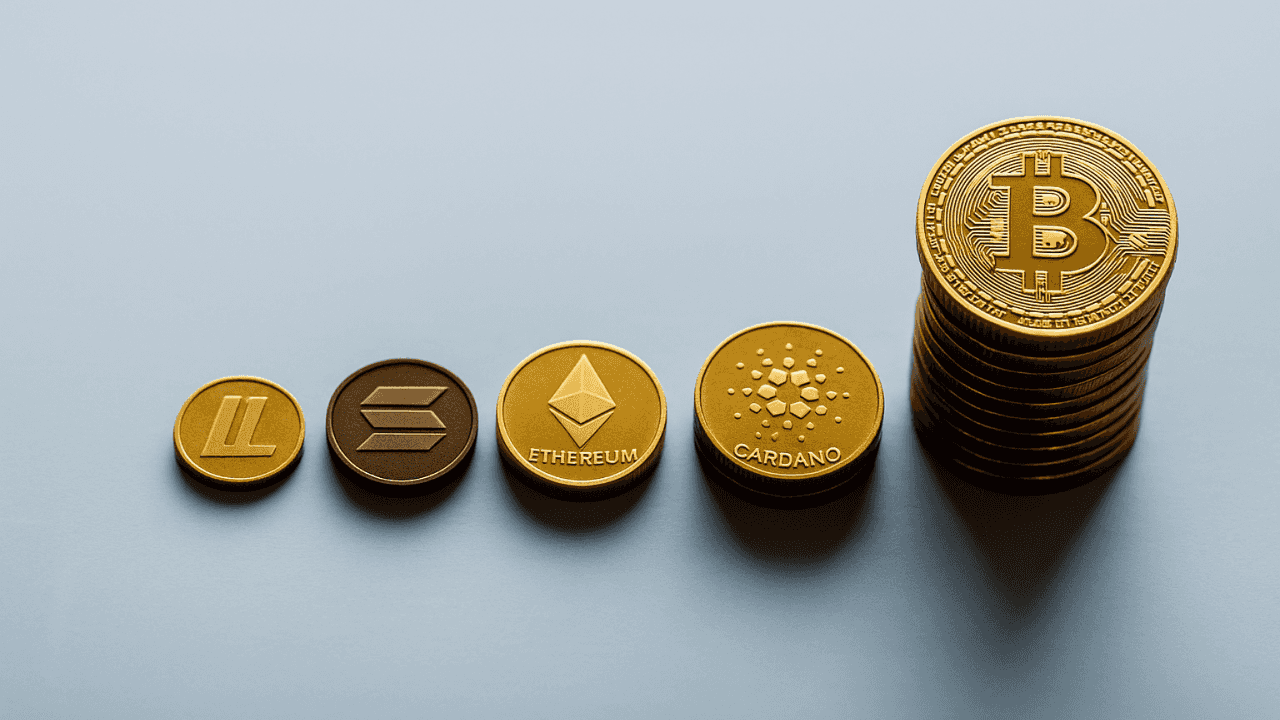News
Deciphering the ECB: Interest Rates, Inflation and What it Means for You
Jacqueline Nieder
6 min

On 11 April 2024, the European Central Bank (ECB) is set to make a decision that could affect the economy across Europe. Recent data showing a surprising drop in inflation rates in France and Italy are growing speculation about a potential interest rate cut. This article explains the basics of the ECB’s role, inflation dynamics, and the possible impacts of upcoming policy decisions.
The European Central Bank explained
The ECB guards monetary stability for the Eurozone countries, ensuring that the euro remains a stable and reliable currency. Its main tool for achieving this goal is manipulating interest rates, a lever that directly influences economic activity across the continent.
The importance of ECB decisions
The ECB’s decisions have repercussions for the entire economy, from the expansion of companies that borrow to invest in their businesses to interest rates on personal savings accounts or mortgages.
The adjustment of interest rates can, in fact, stimulate economic growth by making borrowing cheaper or, on the contrary, cool an overheated economy. In other words, the health of the economy, reflected in employment rates, business growth, and consumption, is directly influenced by ECB policies.
ECB impact on markets
The ECB’s decisions affect not only the traditional economy but also the investment world, including cryptocurrencies.
When the ECB changes interest rates, it affects how people invest their money. If interest rates are low, it costs less to borrow money, which may make investing in stocks or real estate more attractive. On the other hand, if rates rise, keeping one’s savings in bonds with lower risk rates may become cheaper.
Although cryptocurrencies belong to a market that is considered more volatile, they are not insulated from the effects of these policies. The ECB’s decisions may influence investors’ risk appetite: in times of low rates, some may seek higher returns in cryptocurrencies, while in times of higher rates, they may prefer investment options considered safer.
The element that most influence interest rate decisions is inflation.
The role of inflation and its effects
Inflation measures how much more expensive goods and services have become in a given period. A certain level of inflation is normal and even desired in a healthy economy, as it indicates growth. However, too high or too low inflation can signal trouble, affecting everything from your grocery bill to your savings.
High inflation means your money is not worth as much as before, affecting how households plan their budgets and the future. To manage inflation, central banks such as the ECB adjust interest rates. Lowering rates can encourage spending and investment by making borrowing cheaper while raising rates can help cool a sluggish economy.
How to monitor ECB decisions
To monitor these dynamics, you can use Young Platform. As an app and on the web, Young Platform offers free membership and publishes updates that allow you to monitor the impact of economic news on cryptocurrency prices in real-time. Additionally, on the Young Platform website, all content, news, and in-depth articles are free, providing a valuable resource for staying informed.
Join Young Platform
Another useful strategy is to mark the dates of upcoming ECB meetings on your calendar or follow live press conferences. This allows you to be among the first to understand the ECB’s decisions and how they might affect the market, including cryptocurrency.
The current economic scene
Recently, there was a positive surprise for the Eurozone economy, including in countries such as Italy, France, and Germany. Inflation, i.e., as we have seen, how fast the prices of goods and services such as food, clothes and petrol rise, fell more than everyone expected in March 2024, to 2.4%. Experts thought it would remain at 2.6 per cent. The core inflation rate, which excludes volatile components such as energy, food, alcohol and tobacco, also decreased from 3.1 per cent to 2.9 per cent. This might seem like a small change, but it has great significance.
- France: inflation slowed down significantly, with declines in the prices of services, energy and food.
- Italy reported lower-than-expected inflation rates, following a similar trend to France.
- Germany has the largest economy of all the Eurozone countries and saw prices increase by only 2.2%, the slowest pace in three years.
When inflation falls, it means that price increases slow down. For people, this might mean that the money they earn ‘lasts longer’ and that they notice fewer price increases when they shop daily. Inflation cooling in more than two major Eurozone economies has led to more speculation about the ECB’s next step.
What would an ECB rate cut signify?
Interest rates influence how much it costs to borrow money. When they are low, people and companies can borrow more easily to buy a house or invest in new projects.
Thus, if the ECB decided to lower short-term interest rates, it could make loans and mortgages cheaper, stimulating economic growth. However, for savers, this could mean lower returns on savings accounts.
Some numbers to watch out for
Despite the good news, not all sectors are slowing down similarly. Inflation in services, such as restaurants and transport, remained more or less the same, showing that wages can still push up prices in some areas. The ECB needs to consider this carefully, as such an increase could result in a postponement of the interest rate cut.
The labour market
While discussing inflation and interest rates, we have to consider another important factor for this picture: the labour market. In February 2024, the number of people out of work in the euro area was 6.5 per cent, slightly lower than last year. This means that, despite everything, people are finding jobs, which is a good sign for the economy. However, the forecast for March given by Istat is not the best, with a provisional 7.5% unemployment rate.
The difficult task of the ECB
Not all Eurozone countries experience the same situations and have the same economic climate. This difference between countries is crucial for the ECB when considering interest rates. It has to ensure that whatever decisions it makes work not only for countries with inflation problems but also for those doing well. The ECB has the complicated task of keeping everything in balance without causing problems in any area.
Conclusion
All of this affects us closely, from falling inflation to stable unemployment rates and differences between countries. It affects how much the things we buy cost, how easily companies can grow and, ultimately, how many people can find work. While we wait to see what the ECB decides, we can be sure its actions will directly impact our personaleconomy, investments, and jobs.




